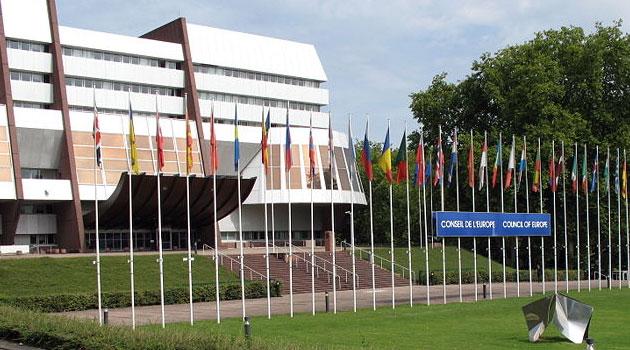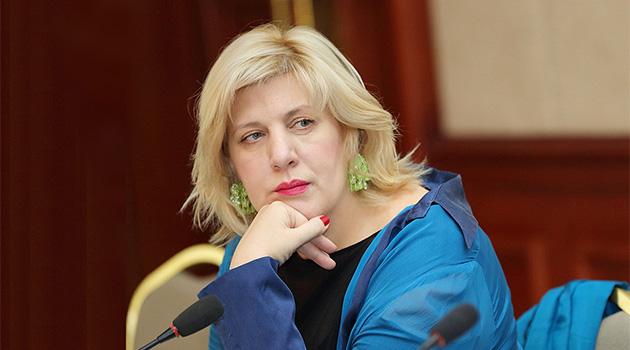European Committee of Social Rights: Czech Republic overinstitutionalizes Romani children and children living with disabilities

The Council of Europe’s Committee of Social Rights (ECSR) has criticized the Czech Republic for its “discriminatory and extensive” placement of children living with disabilities and Romani children into residential nursery institutions or centers designed for very young children. The problem, according to Anna Hofschneiderová of the NGO Forum for Human Rights (Fórum pro lidská práva), affects hundreds of children age three and younger who predominantly come from impoverished families.
“The Committee is criticizing the Czech Republic for having failed to adopt and incorporate into its regulations a corresponding… strategy,” on this issue, the Committee’s press release reads. According to the Committee, the Czech Republic is violating the rights of children, above all those three years of age and younger who are either living with disabilities or who are Romani, rights guaranteed by the European Social Charter of 1961.
The conclusions of the Committee are the consequence of a three-year-long investigation instigated by three NGOs. The European Roma Rights Centre (ERRC), the Forum for Human Rights (based in Prague) and the Validity Foundation (formerly the Mental Disability Advocacy Centre), jointly filed a collective complaint three years ago and provided evidence proving children’s rights are being violated.
“The Committee’s decision clearly means international law will not accept the ongoing placement of children into institutional care. States must arrange to provide the community services in the field that are essential to guaranteeing that children, especially those living with disabilities, and Romani children in particular, are able to grow up with caregivers who are loving and stable. We anticipate that the Czech Government will now head in that direction,” emphasized the director of Validity, Ann Campbell.
“Institutions cause children harm, and from a legal standpoint, the Government is obliged to take all the necessary steps to change the existing system of care for young children. That systemic change must be based on the principle of all children having the right to enjoy living in a family environment,” emphasized Maroš Matiaško, chair of the Forum for Human Rights.
“Romani children and children living with disabilities face disproportionate risks compared to the mainstream population when it comes to their care, and therefore states must arrange to provide the corresponding economic and social protections for young children. Special attention must be paid to disadvantaged and vulnerable groups of children,” said Senada Sali of the ERRC.
The Committee’s decision is based on three arguments. First, the Committee found the Czech Republic has failed in its attempts to reduce the number of young children living in institutions and in its attempts to arrange care for them on a community and/or family basis.
The conclusion drawn was that the existing Czech legal code facilitating the placement of vulnerable young children in institutions, as well as the constant maintenance of residential children’s centers according to the law on healthcare services, is in violation of Article 17 of the European Social Charter. Secondly, the Committee found that the Czech Government has not yet undertaken any significant, targeted steps toward providing care to children in community/family settings instead of in institutions.
Thirdly, the Committee has also emphasized the significance of collecting the relevant data necessary to formulating appropriate policies and adopting corresponding steps. As the Czech Government was unable to provide any evidence or relevant information proving that it has attempted to improve the situation, it has violated the Charter on that score as well.
Prague is meant to arrange for a correction of the situation in response to the Committee’s decision. The European Social Charter is a longstanding international agreement on economic and social rights.
Czechoslovakia signed the Charter in May 1992, and the independent Czech Republic then assumed its obligations. Fulfillment of the Charter is supervised by the ECSR.
The ECSR has 15 members. They are appointed by the Committee of Ministers of the Council of Europe and serve six-year terms.
